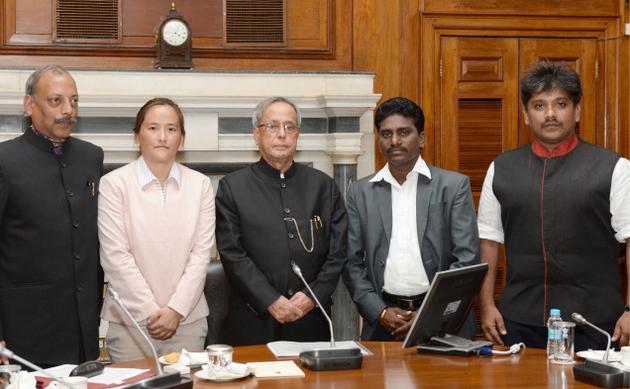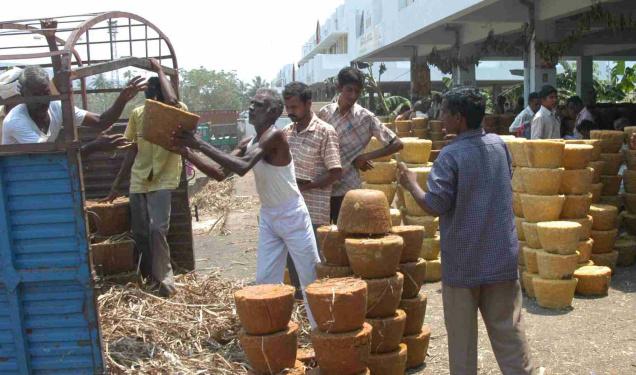Visakhapatnam :
In a bid to give prisoners a second chance to rebuild their lives and enter mainstream society after release, the Andhra Pradesh prisons department on Tuesday inked a memorandum of understanding (MoU) with The Himalaya Drug Company for cultivation of medicinal plants in the Visakhapatnam Central Prison.
Under the PPP programme, the government would provide land and labour (prisoners) for cultivation of medicinal plants in the prison premises, while the training and rehabilitation measures for enhancing skill development among inmates and monthly stipend would be provided by the drug company.
The MoU addendum was signed by B Sunil Kumar, inspector general of prisons, the AP government and Dr VU Babu, head of phytochemistry, research and development, The Himalaya Drug Company.
As per the provisions of the MoU, the drug company along with jail authorities would impart training to prisoners for cultivating medicinal plants for Himalaya’s consumption at the Visakhapatnam semi-open Central prison. Inmates would be earning a regular monthly income and acquiring essential skills in the process.
Besides training, the drug company would also supply seeds and provide technical assistance. The government would provide infrastructure, land, irrigation facilities, electricity supply and farming implements.
Speaking on the occasion, B Sunil Kumar, IG (prisons), AP, said, “The main benefit of such collaborative projects is that the prisoners can be kept engaged and get a second chance to rebuild their social lives. They would be equipped with basic skills that open up avenues for employment after they have served their sentences. In the process, the burden on the government exchequer would also come down.”
“Already, projects such as dairy unit, and petrol bunks exist in some of the central and district prisons. A telephony system would be set up in the district and sub jails from January 2015,” added the IG.
At the Vizag Central prison, which houses 930 prisoners at present, cultivation of two species, including the bitter herb Kalmegh (Andrographis paniculata) and drumstick (Moringa oleifera), would be focused upon for the time being as the prevalent climatic conditions and soil are suited to their cultivation. “The work would be taken up just after Dasara initially on three to four acres, which would be extended gradually,” said Vizag jail superintendent Dr I Srinivasa Rao.
“Earlier too, we received a very good response from our prison farm in Anantapur and the concept has now been extended to Vizag Central Prison, which would help rehabilitate prisoners and provide sustainable livelihoods. In the future we would be looking at expansion of such programmes to other parts of the state and country for a more holistic growth.
In Anantapur open prison, alfalfa is cultivated. If farmers follow the protocol while cultivation, we would provide 100% buyback guarantee as well as employment opportunities,” said Dr Babu of Himalaya Drug Company.
source: http://www.timesofindia.indiatimes.com / The Times of India / Home> City> Visakhapatnam / TNN / September 24th, 2014





